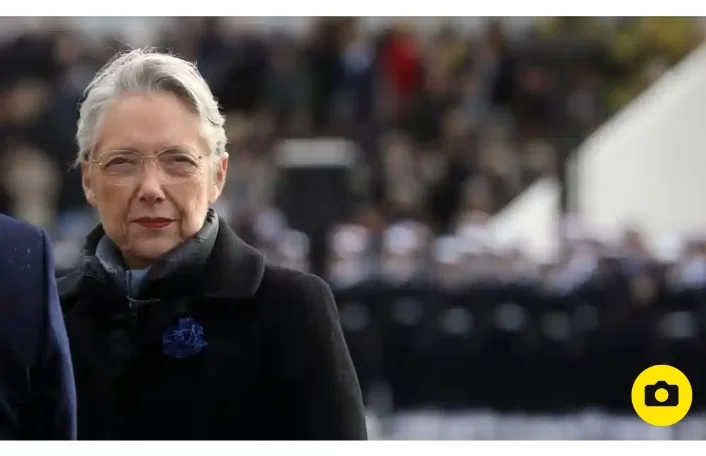A heated dispute among French politicians has unfolded over the upcoming Paris march against antisemitism, as tensions rise amidst a surge in anti-Jewish incidents across France. Prime Minister Élisabeth Borne, whose father experienced deportation during World War II, expressed her commitment to marching for the Republic’s values and against antisemitism. The march, expected to draw tens of thousands, has become a focal point for politicians, with Interior Minister Gérald Darmanin deploying over 3,000 security forces to maintain order.d
President Emmanuel Macron, although not attending, criticized the “unbridled antisemitism” resurgence in France, emphasizing national unity behind universal values. The march has garnered participation from former presidents François Hollande and Nicolas Sarkozy, yet controversy surrounds the far-right National Rally’s (RN) involvement, led by Marine Le Pen. The RN’s support for Israel, viewed by some as opportunistic, prompted disagreement among political factions.
Despite disagreements, politicians across party lines acknowledge the severity of antisemitic acts, emphasizing the importance of addressing the issue collectively. The march symbolizes both unity and divisions within the French political landscape as leaders navigate complex considerations around participation and political posturing.




